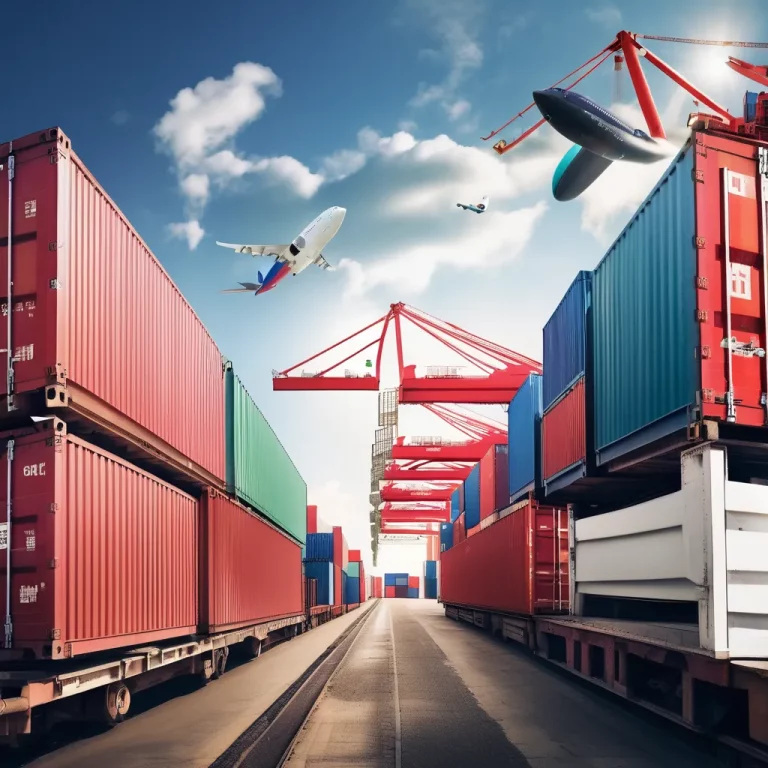Introduction
Navigating import and export regulations in Iran is crucial for foreign businesses seeking to engage with this diverse and resource-rich market. Understanding these regulations not only ensures compliance but also facilitates smoother transactions and strategic planning. This article provides a detailed overview of the key import and export regulations in Iran, including procedural requirements, documentation, and potential challenges for international trade.
Import Regulations in Iran
1. Regulatory Framework
Iran’s import regulations are governed by various laws and policies set forth by the Ministry of Industry, Mine and Trade (MIMT) and the Customs Administration of the Islamic Republic of Iran (IRICA). Key regulations include:
- The Law on Importation of Goods (2019): Establishes guidelines for the import of goods into Iran.
- Tariffs and Duties: Imported goods are subject to tariffs and import duties that vary based on the type and value of the goods.
2. Import Licenses
Certain goods require an import license or permit. The process for obtaining an import license includes:
- Application Submission: Foreign businesses must submit an application to the MIMT outlining the goods intended for import.
- Compliance Verification: The MIMT will verify the compliance of the goods with national standards and regulations.
3. Customs Procedures
The customs clearance process is critical for importing goods into Iran. Key steps include:
- Pre-Arrival Documentation: Importers must submit pre-arrival documentation to IRICA, including invoices, packing lists, and certificates of origin.
- Customs Duties Payment: Importers must pay applicable customs duties before goods can be released.
- Inspection and Clearance: Imported goods may be subject to inspection by customs officials.
4. Prohibited and Restricted Goods
It is important to be aware of goods that are prohibited or restricted from importation into Iran. These can include:
- Prohibited Items: Certain pharmaceuticals, alcohol, and products that do not comply with Islamic laws.
- Restricted Items: Goods subject to import quotas or requiring special permits, such as advanced technology or dual-use items.
Export Regulations in Iran
1. Export Licensing
Like imports, some exports require an export license. The licensing process involves:
- Application to Relevant Authorities: Exporters must apply for a license from the MIMT or other relevant governmental bodies, depending on the nature of the goods.
- Approval Process: The application is subject to an approval process to ensure compliance with national interests.
2. Documentation Requirements
Exporters need to prepare specific documentation when exporting goods from Iran. This usually includes:
- Commercial Invoice: A detailed invoice that outlines the transaction.
- Packing List: Describes the goods being shipped, including weights and dimensions.
- Certificate of Origin: Verifies where the goods were manufactured.
- Customs Declaration: Required to clear goods through the export process.
3. Customs Export Procedures
The customs procedures for exporting goods from Iran include:
- Filing Customs Declarations: Exporters must submit their customs declaration to IRICA.
- Duty Payment and Inspections: Any applicable duties must be paid, and goods may be inspected before departure to ensure compliance with regulations.
4. Export Restrictions
Certain items may face restrictions or bans on export to specific countries due to international sanctions or national policies. Exporters must be aware of and comply with these restrictions to avoid legal challenges.
Challenges and Considerations
Engaging in import and export activities in Iran can present challenges for foreign businesses, including:
- Sanctions Compliance: U.S. and European sanctions can complicate transactions, requiring businesses to conduct thorough due diligence on their trade partners.
- Bureaucratic Delays: Navigating the regulatory landscape may involve bureaucratic challenges that can slow down processes.
- Market Knowledge: Understanding local market conditions and legal environments is crucial for successful trade operations.
Learn more about all IRAN Business Gate services. Click here for detailed information!
Conclusion
Understanding and navigating the import and export regulations in Iran is essential for any foreign business intending to succeed in this complex market. By adhering to legal frameworks and requirements, businesses can mitigate risks and develop fruitful trade relationships.
Iran Business Gate is dedicated to assisting those interested in entering the Iranian market, offering comprehensive services that include regulatory guidance, market entry strategies, and support in navigating import and export procedures. We are here to help you establish a successful presence in Iran, ensuring that you make the most of the opportunities this dynamic market has to offer. Let us partner with you on your journey into Iran!
Let's Talk Now!
Your thoughts and questions matter to us! At IRAB Business Gate, we are eager to hear from you.


